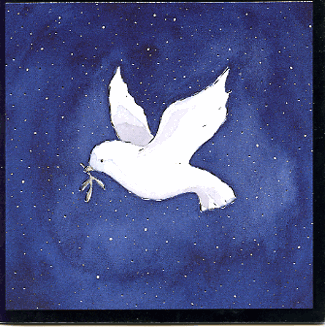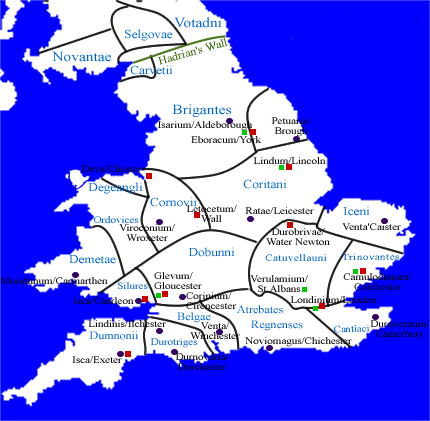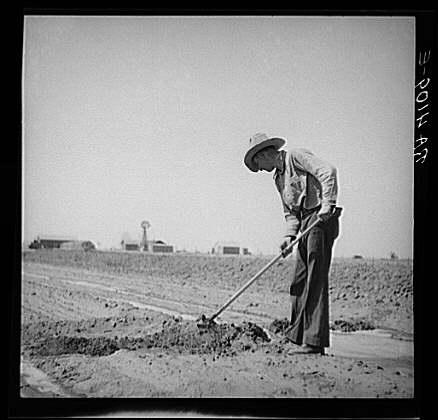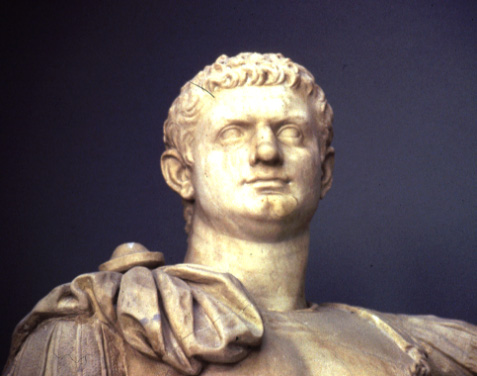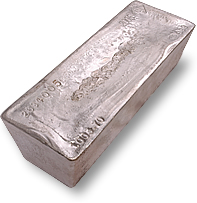Wasn't that tought afterall, Naskra has the answer, and all the clues explained correctly too.

1. "Where they make a
desert, they call it
peace." This famous line is from a speech allegedly by Calcagus, rousing fellow Caledonians against the Romans under Agricola before a battle. It is however almost certain that Tacitus invented it and placed it into his mouth. Tacitus was often sympathetic to barbarians fighting the Romans (because he was a Gaul himself, some say) and portrayed them as noble figures superceding the Romans in virtue and oratory ability.
2. Gnaeus Julius Agricola. Agricola is Latin for
farmer. He was governor of
Roman Britain for 27 years and there had an excellent military record, until in 85 AD he was recalled by the emperor
Domitian, which some say was due to the emperor's jealousy and fear that he would become to popular. Tacitus was married to Agricola's daughter Julia, and wrote a biography of his father in law, entitled
De vita et moribus Iulii Agricolae, or simply
Agricola.
3. A bar of silver to denote that Tacitus was writing in the early 2nd century AD, in what was known as the
Silver Age of Roman literature. The Golden Age had occured in the 1st century BC, where famous authors like Vergil, Horace, Ovid, Livy, Sallust and Cicero had flourished. The Silver Age featured, besides Tacitus, authors like Seneca, Lucan, Juvenal and Suetonius. The name implies that the Silver Age was long thought inferior to the Golden One, although nowadays they are seen as on a more equal footing.
4. Tacitus' name in Latin literally means
silent, which is ironic seeing as he was also an accomplished orator.
Over to Naskra.
 Thanks. It is always easier when Adler is not competing.
Thanks. It is always easier when Adler is not competing.





 The answer is the Persian emperor Xerxes.
The answer is the Persian emperor Xerxes.
